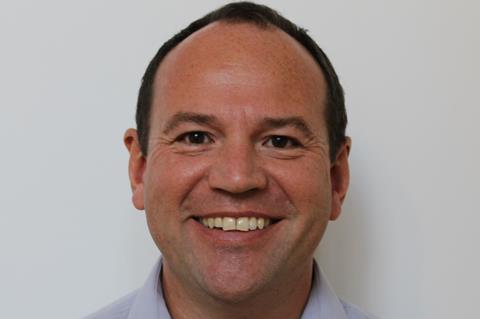The body representing expert witnesses has made a last-ditch plea to rule-makers to amend new rules for limiting the length of their reports.
The Expert Witness Institute (EWI) has written to the Civil Procedure Rule Committee highlighting the unfairness of restricting expert reports to 20 pages if the case is subject to new fixed recoverable costs.
From next week, most civil claims worth up to £100,000 will be allocated to a new intermediate track where they will be subject to a fixed tariff.
As part of the reforms, rule 28.14 (3) includes a statement that unless the court directs otherwise, expert reports must be no longer than 20 pages (excluding any necessary photos, plans and academic or technical articles attached).
The EWI says this change was introduced without any consultation with the legal and expert witness community and puts its members in a near-impossible position.
Chief executive Simon Berney-Edwards said: 'Expert witnesses should be well trained in their duties, and must know that they should work efficiently and that their reports should be concise and clear – no longer than is necessary to assist the lawyers and the court.
‘But it is for experts to determine the length of the report in each case, based on their instructions, their expertise and scope of opinion, and the details of the case.’
He explained that reports tend to be more than 20 pages if experts want to include logical reasoning, refer to other opinions and incorporate summaries.
Expert witnesses are required to meet their full obligations under existing civil procedure rules, and the concern is that in future they will not be able to if page numbers are limited.

The reform, it is argued, relies on the false assumption that cases with a value of less than £100,000 are straightforward. But experts say medical-legal, construction and forensic accounting can be complicated and the value of the claim may not even be established until after a report has been obtained.
The EWI suggested that if the main requirement is to reduce the costs of expert evidence, the instruction of a single joint expert should be considered as a cost-effective alternative.
Berney-Edwards added: ‘It can only be assumed that the logic taken by the committee is that cases between £25,000 and £100,000 are less complex and therefore Expert Evidence can and should be restricted in order to save costs. If this is indeed the logic used, we would strongly urge you to reconsider.’
This article is now closed for comment.



























27 Readers' comments